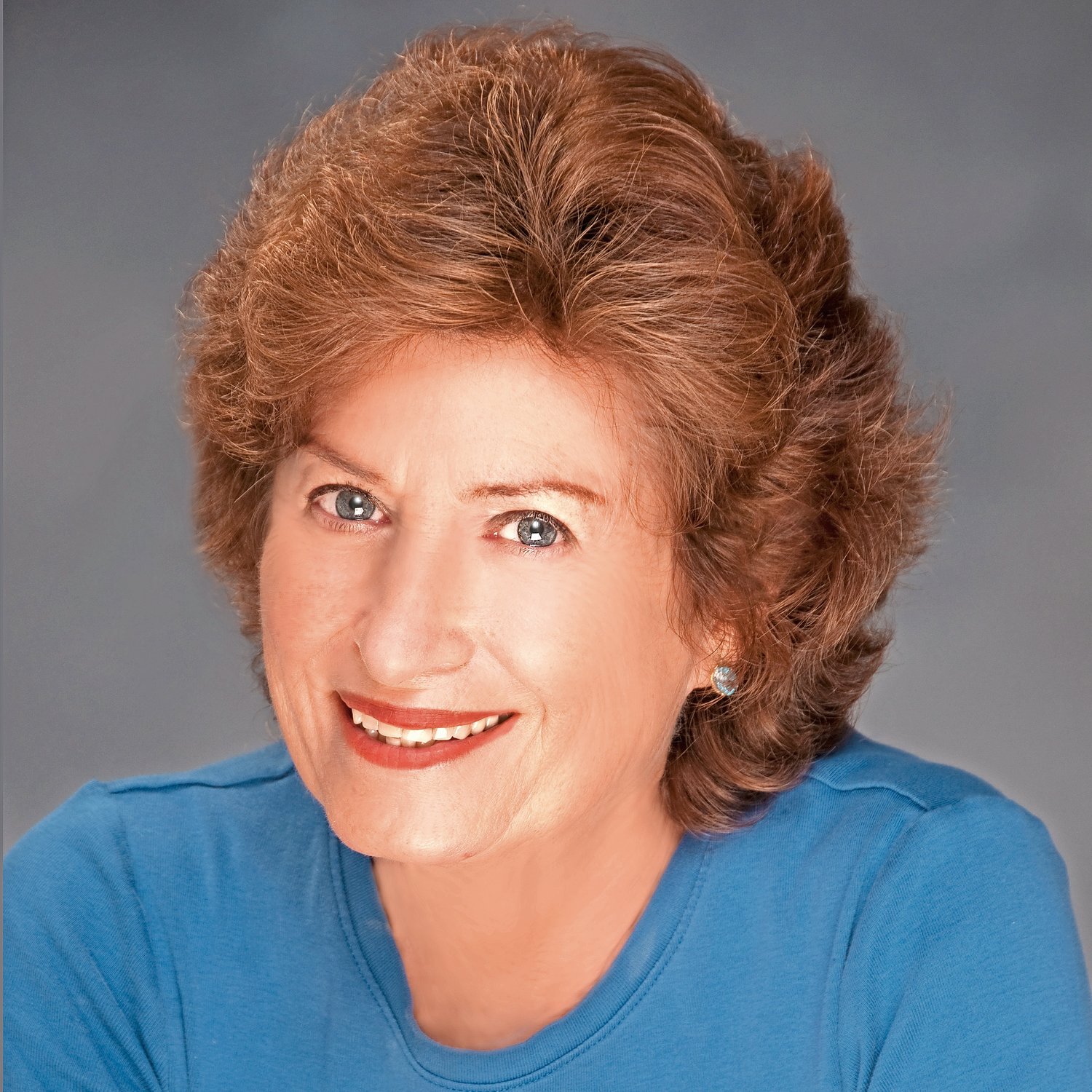Read a banned book. Share with the kids.
We can almost hear the crisp curling of burning pages in President Trump’s dangerous rhetoric. His people aren’t burning books yet, but it could happen. When authoritarian leaders consolidate power, they always kill ideas first.
It starts with discrediting legitimate news sources and reliable reporting. Last century, that’s the way it began in Nazi Germany, and we have the film to prove it. Funeral pyres of books incinerate whole worlds of learning as crowds chant their approval. From ancient Alexandria and Constantinople and Nineveh to the decade-long Chinese Cultural Revolution, throughout all modern wars, to the bonfires of rare manuscripts by ISIS in Mosul in 2015, ashes are all that remain of millions of irreplaceable works.
Book burnings are fueled by ignorance, and fear is the accelerant.
Historically, book bans foreshadow the fires to come. Here in the U.S., Sept. 22-28 is National Banned Books Week, and it has never seemed more important to stand up for intellectual freedom.
We could start by reading Ray Bradbury’s “Fahrenheit 451,” which imagines a dystopian world where “firemen” destroy every book they find. Book paper, Bradbury famously observed, burns at 451 degrees. Written in 1953, the book was widely banned here and abroad. It was banned because one of the books burned in the novel was the Bible. Religious groups found that unacceptable.
It all feels threatening and overwhelming, but we have the power to resist censorship in any guise. Go to www.bannedbooksweek.org and download a free copy of “Celebrate Banned Books Week Handbook.” Talk about it with the kids. Find some books to read.
Over the years, well-known books have been banned in the United States for reasons ranging from sexually explicit material to homosexual material to challenging religious ideas to depictions of racism, nudity, Marxism, drugs and alcohol, and Satanism. Don’t read me wrong: Not every book is appropriate for every reader, especially children, but no book should be banned. Don’t like it? Don’t read it.
Among the banned books on my own personal must-read list are “Green Eggs and Ham,” by Dr. Seuss; “The Satanic Verses,” by Salman Rushdie; “To Kill a Mockingbird,” by Harper Lee; “The Catcher in the Rye,” by J.D. Salinger; “The Color Purple,” by Alice Walker; “The Giver,” by Lois Lowry; “Sophie’s Choice,” by William Styron; “The Lord of the Flies,” by William Golding; “The Kite Runner,” by Khaled Hosseini; “The Hate U Give,” by Angie Thomas; “Two Boys Kissing,” by David Levithan; “The Curious Incident of the Dog in the Night-Time,” by Mark Haddon; and “The Hunger Games,” by Suzanne Collins.
Even Harry Potter has suffered a ban. The beloved book series by author J.K. Rowling was removed from the school library at St. Edward Catholic School in Nashville. The Rev. Dan Reehil, the pastor of the school, banned the books because of “recommendations of exorcists in United States and Rome,” according to CNN. “The curses and spells used in the books are actual curses and spells, which when read by a human being risk conjuring evil spirits into the presence of the person reading the texts,” Reehil said.
A related book, not banned as far as I know, is “The Library Book,” by Susan Orlean, which details the story of the burning of the Los Angeles Central Library in 1986. The book is a thrilling homage to libraries as the holy temples of our literary heritage. Ron Charles, of The Washington Post, wrote about Orlean’s book, which mourns the loss of more than a million books. “As a narrator,” Charles writes, “Orlean moves like fire herself, with a pyrotechnic style that smolders for a time over some ancient bibliographic tragedy, leaps to the latest technique in book restoration and then illuminates the story of a wildly eccentric librarian. Along the way, we learn how libraries have evolved, responded to depressions and wars, and generally thrived.”
How do we push back against the know-nothing, anti-intellectual yahoos running our government? We read. And we read. Banned Books Week is coming. The climate is heating up. Could we be approaching Fahrenheit 451?
Copyright 2019 Randi Kreiss. Randi can be reached at randik3@aol.com.

 47.0°,
Fair
47.0°,
Fair 




